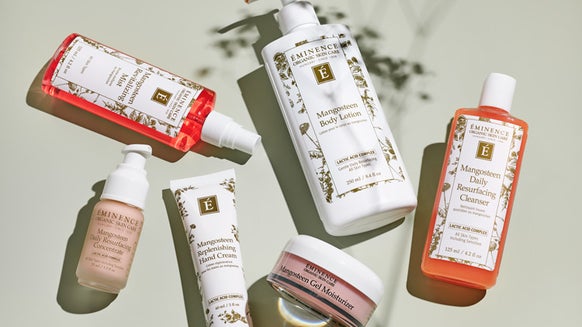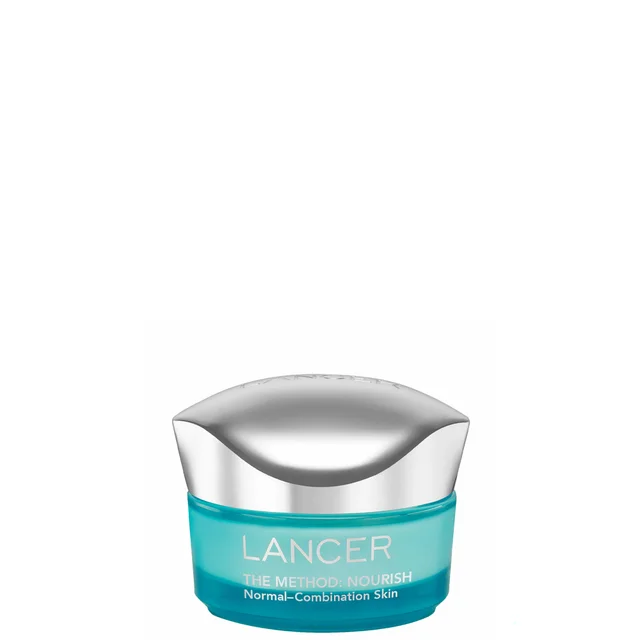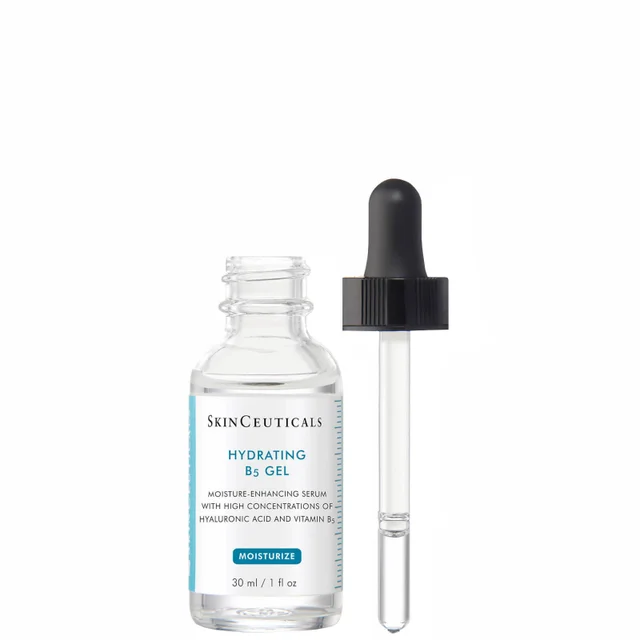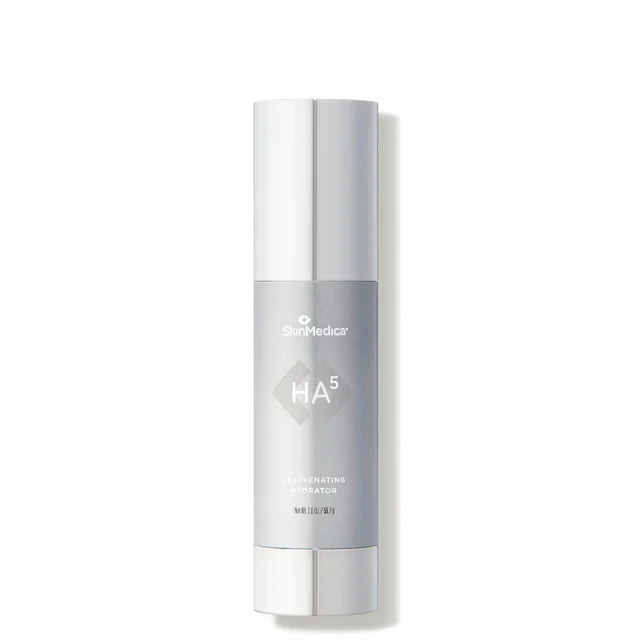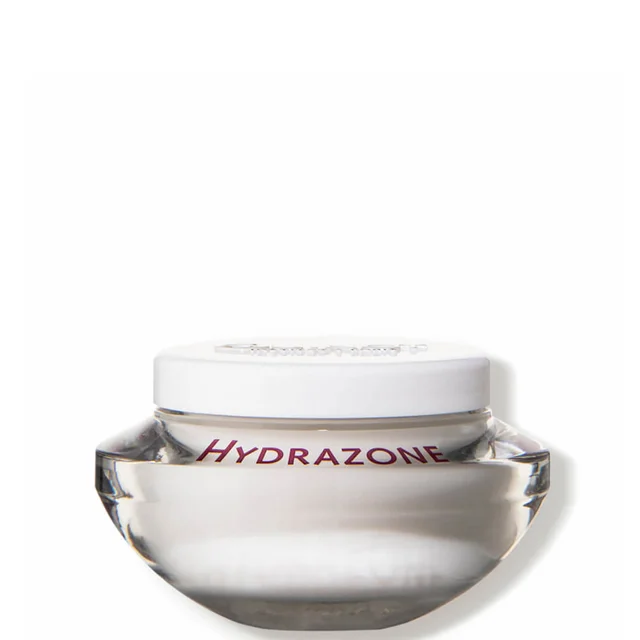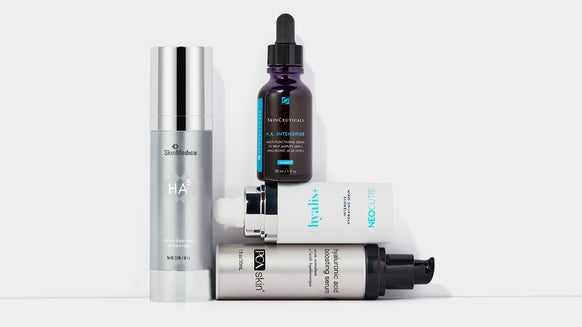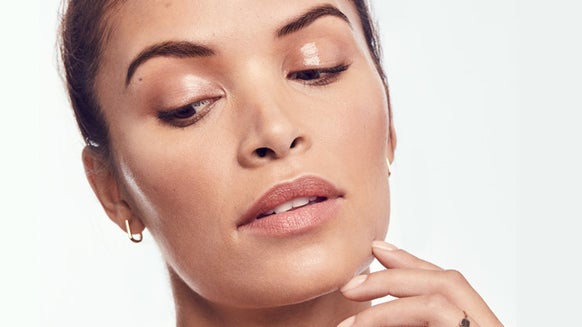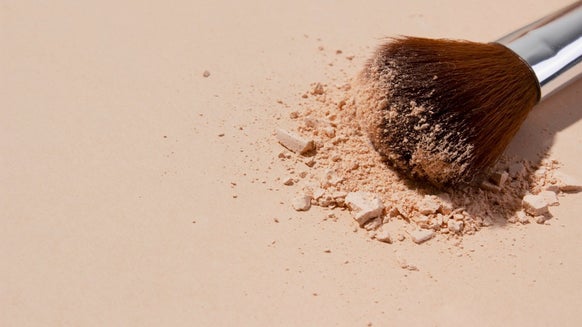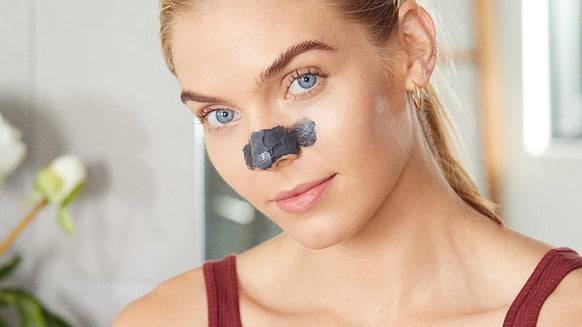6 Things Dermatologists Wish You Knew Before Buying Your Moisturizer
Moisturizer has always taken a pride of place in our vanity cabinets. But the truth is not a lot of people understand what it does and why it is important in their skin care routine. Here, I'm going to answer six of the most commonly asked questions about moisturizers, including how to select the right one for you.
A common inquiry from patients in my dermatology practice is “Do I even need a moisturizer?” For the majority, the answer is yes. Even though your body has its own natural lubricating system consisting of glands that secrete oil (or sebum) to maintain a protective coating against harsh outside conditions and infections, most of us do need extra hydration after the havoc that sun, weather and harsh chemicals wreak on our skin.
There are also some people who genetically lack the ability to keep the top layer of skin intact and are missing the necessary lipids to seal in moisture. Some medications (namely cholesterol-lowering agents and isotretinoin) can also affect the skin’s ability to adequately maintain hydration. If you happen to be one of those people you would benefit from a daily moisturizer .
Even people with oily skin may need moisturizers if they strip their natural protective layer with harsh soaps. However, people with normal to oily skin that are not subjected to harsh external conditions and/or products and can produce enough sebum to protect the skin do not necessarily need added moisture and are better off investing in an antioxidant serum.
3. Why are there different types of moisturizers, and what’s the difference between each?
There are several types of moisturizers: humectants, emollients and occlusives. Humectants draw water into the top layer of the skin, while emollients help fill the cracks and seal in the water to provide a smooth, soft complexion. Occlusives provide a thicker protective barrier to prevent water loss. Most facial moisturizers have humectants and emollients acting in tandem, while occlusives are more beneficial on thicker parts of the body, such as hands, feet, elbows and knees.
When choosing a moisturizer, look for key ingredients. Popular humectants include glycerin (or glycerol), hyaluronic acid, propylene glycol, urea, sorbitol and alpha hydroxy acids (e.g., glycolic and lactic acid). At high concentrations alpha hydroxy acids and urea soften the outer layer of the skin, leading to exfoliation. Common emollients are lanolin, mineral oil, ceramides, dimethicone, coconut oil and other plant-based oils. Occlusives include shea butter, petrolatum, beeswax and paraffin, among others.
Those with sensitive skin may want to stick to products with glycerin because the other ingredients can create a burning sensation on irritated skin. You should also avoid occlusives in areas that are prone to acne.
If you tend to have dry skin, look for oil-based creams or lotions. Any moisturizer with alcohols or fragrances should also generally be avoided for those with dry skin, as they can make the problem worse. For oily or acne-prone skin, lightweight gels and serums are more beneficial.
The best time to apply a moisturizer is when the skin is still moist. After using a gentle cleanser, lightly pat your face damp, and then immediately apply a layer of moisturizer to lock in the hydration.
Though a good moisturizing regimen is a great start, it is important to stay hydrated and get essential nutrients (vitamins, essential fatty acids) that are the building blocks for healthy skin. Avoiding smoking and practicing good sun protection is essential for long-term skin care.
Now that you have an idea of what to look for, you can better navigate the overwhelming sea of products and find the best moisturizer for your skin!
READERS—Got some questions about hydration and moisturizers? Ask us anything in the comments section below!

From the latest hair and makeup trends to the best solutions for your skin issues, we've got all your beauty concerns covered!
Related Posts
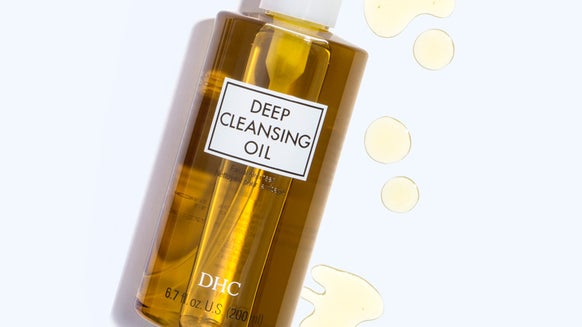
The Best Oil Cleansers for Your Skin Type—And How to Use Them for Best Results
